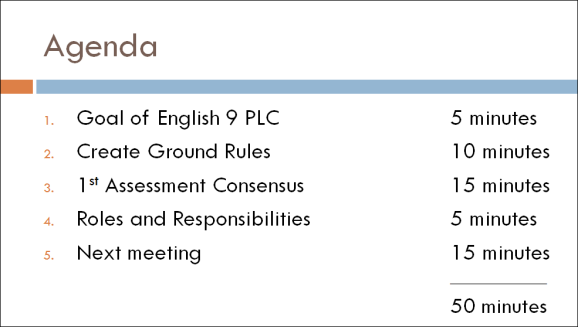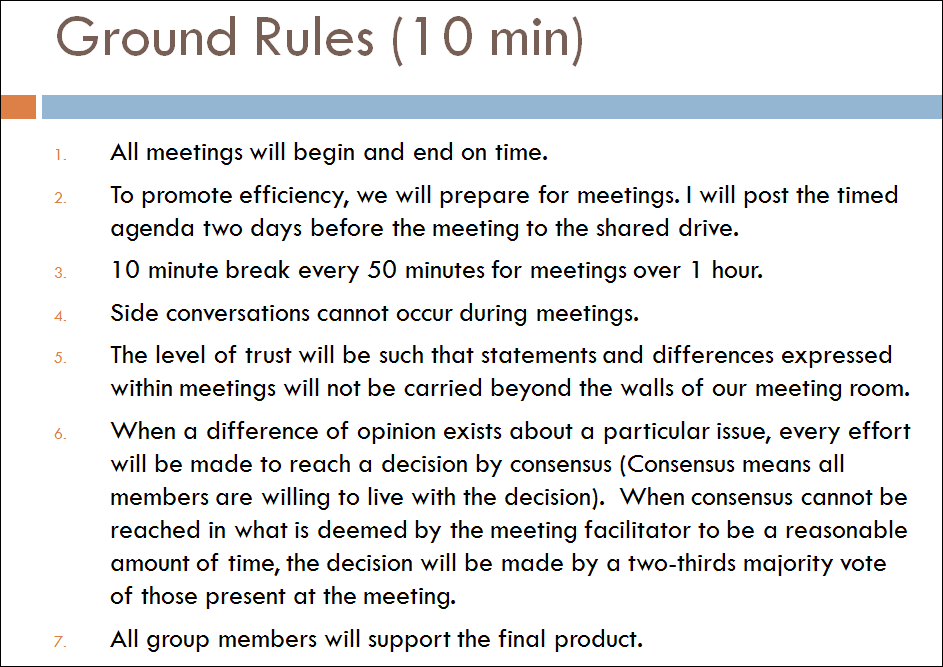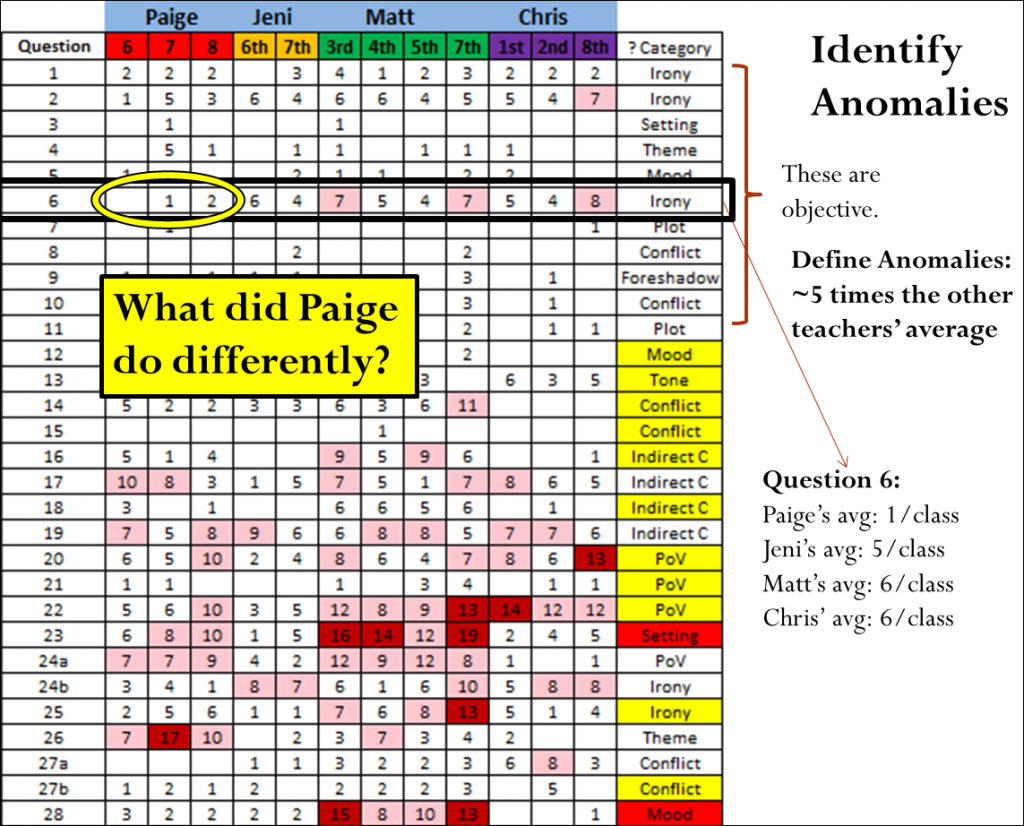At Gahanna Lincoln High School, we’ve been moving towards becoming a Professional Learning Community and not just doing “PLCs”. It’s been a challenging process in that time is the obvious obstacle. However, a group of teachers has modeled exactly what we want to make happen systemically. I’ve asked English teacher and National Guard Veteran, Matt McGregor, to share his insight on why PLCs are effective for our English 9 teachers.
I believe people working together can solve problems, problems that would be insurmountable to individuals working alone. I have witnessed this phenomenon firsthand in wildly different careers in my life, from the battlefields of Iraq to public education. This idea, in education, is often expressed as Professional Learning Communities (PLC). I define PLCs simply as teachers working collaboratively in order to improve student learning. As with most ideas, one can find studies that support the idea of PLCs and studies that claim the opposite, but in my experience, PLCs are an extremely effective strategy for increasing student achievement.
I have been in the Ohio Army National Guard since 1998. The Army runs meetings very well. We had a meeting agenda and template for every meeting I attended. Entire Army manuals have been written to help in planning and running meetings. When I joined a PLC at our school in 2010, the group consisted of some of the most caring, talented teachers I’ve ever met. However, they did not have experience in how to run a successful meeting. These meetings were ineffective and didn’t accomplish much. I was in the midst of getting my Masters in Educational Leadership and was reading Creating Dynamic Schools Through Mentoring, Coaching, and Collaboration, by Judy Carr. Carr had an example agenda that was similar to some of the Army templates I’d used. I adapted it and created an agenda on a PowerPoint for our next PLC.
 I showed up early for that next meeting, set up, and asked to run the meeting, and they humored me. We began by creating a goal for the PLC and then discussed ground rules for all of the meetings. After the ground rules were in place, we assigned roles and responsibilities, decided on when the first common assessment would take place and what it should focus on, and planned for the next meeting. At first this structure was uncomfortable for the group, but we agreed. This was all accomplished on time, and we were walking out the door at 50 minutes. One of my colleagues, who has taught at GLHS for eight years, informed me after the meeting that it was the most productive meeting she’d ever attended.
I showed up early for that next meeting, set up, and asked to run the meeting, and they humored me. We began by creating a goal for the PLC and then discussed ground rules for all of the meetings. After the ground rules were in place, we assigned roles and responsibilities, decided on when the first common assessment would take place and what it should focus on, and planned for the next meeting. At first this structure was uncomfortable for the group, but we agreed. This was all accomplished on time, and we were walking out the door at 50 minutes. One of my colleagues, who has taught at GLHS for eight years, informed me after the meeting that it was the most productive meeting she’d ever attended.

Teachers were enthusiastic for the next meeting. This organization wasn’t anything I had invented; I simply implemented proven practices I’d learned.
We learned as a group that first year, not just about our teaching styles but about ourselves as well. We had disagreements but always came to a consensus. As a group, we created four common assessments based on the Common Core State Standards (CCSS) from scratch. We collected and analyzed data from those assessments and then compared our data side-by-side with PowerPoint and a projector. Through the data, we discovered the strategies and curriculum that were most effective and replicated them, and as a result, our teaching changed. We were able to eliminate redundancy and focus on what students were and were not learning. We specifically and purposely addressed these issues. We also learned to trust each other.
well. We had disagreements but always came to a consensus. As a group, we created four common assessments based on the Common Core State Standards (CCSS) from scratch. We collected and analyzed data from those assessments and then compared our data side-by-side with PowerPoint and a projector. Through the data, we discovered the strategies and curriculum that were most effective and replicated them, and as a result, our teaching changed. We were able to eliminate redundancy and focus on what students were and were not learning. We specifically and purposely addressed these issues. We also learned to trust each other.
I’ve found there is one question to ask in order to see how much a PLC is truly accomplishing: “What do you do for the students who have already learned the material?” As teachers, we all know it is very easy to focus on the students who aren’t achieving acceptable results. It is another beast entirely to design curriculum for students who already know the material and want to be challenged, and are sitting beside students who don’t. We don’t pretend to have all the answers, and that last question is an issue we will be addressing ad infinitum. But we are and will continue to address it. We have an amazing group of very smart teachers who truly care about students. We can accomplish anything.
“Never doubt that a small group of thoughtful, committed citizens can change the world; indeed, it’s the only thing that ever has.” -Margaret Mead
I couldn’t agree more.
Be Great,
Dwight